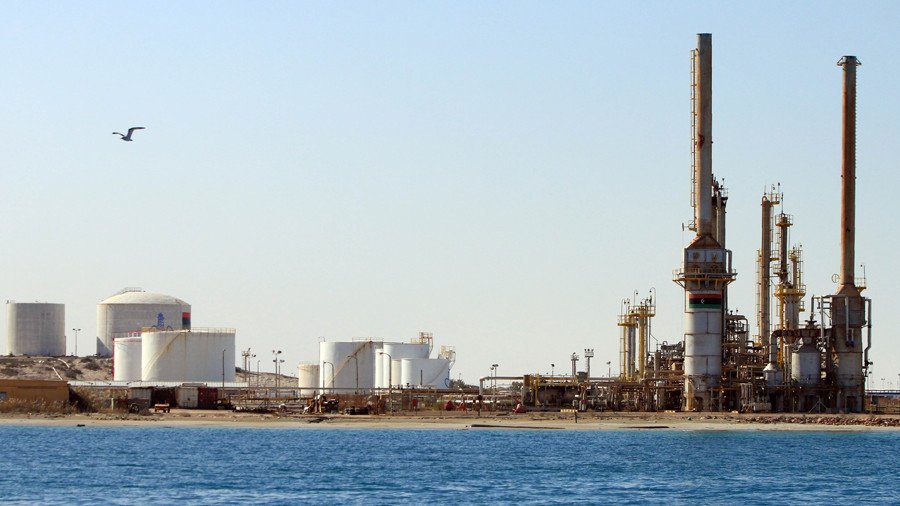New US sanctions target Libyan smugglers

A new round of US sanctions targets Libyan smugglers to block the unauthorized exploitation of natural resources in the North African country, according to a new report by Reuters.
The US treasury department announced new rules on Monday, activating the Office of Foreign Assets Control (OFAC) to sanction six individuals, 24 companies and seven vessels to keep American firms from interacting with the smuggled goods in US jurisdictions.
The individuals held either Libyan, Maltese, or Egyptian citizenships, an official statement read. A 2016 executive order by President Barack Obama identifies the three countries as targets of oil and gas smuggling as well.
“Oil smuggling undermines Libya’s sovereignty, fuels the black market and contributes to further instability in the region while robbing the population of resources that are rightly theirs,” OFAC’s statement said, referring to the phenomenon that has greatly increased since the overthrow of dictator Muammar Ghaddafi during the 2011 Arab Spring.
Libyan oil revenues are still on the rise due to enhanced stability, according to figures from last year. Government oil revenues nearly tripled in 2017 to $14 billion as the country managed last year to gradually recover its oil production, reaching one million barrels per day for the first time since 2013.
The surge in oil revenues amid recovering production and recovering oil prices allowed Libya to halve its budget deficit last year, to $7.85 billion (10.6 billion Libyan dinars), from $15 billion (20.3 billion dinars) in 2016, the central bank said.
Read more on Oilprice.com: Peak US Shale Could Be 4 Years Away
In its economic outlook on Libya in October 2017, the World Bank said, “Despite strong growth performance driven by the oil sector, the Libyan economy is still suffering from political strife that hinders it from reaching its potential. Following four years of recession, the Libyan economy recovered in 2017-H1, thanks to the resumption in the production of hydrocarbon products after the repossession from militias of the main oil fields last year.”
This article was originally published on Oilprice.com















